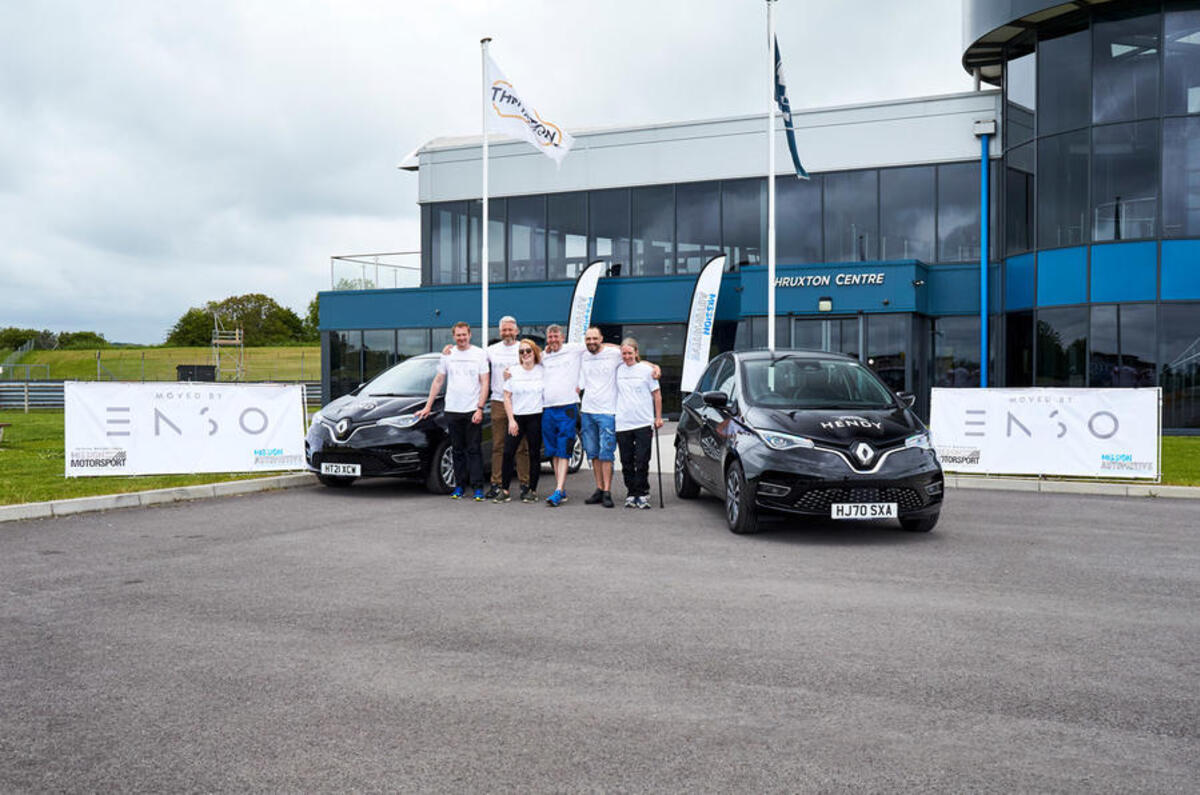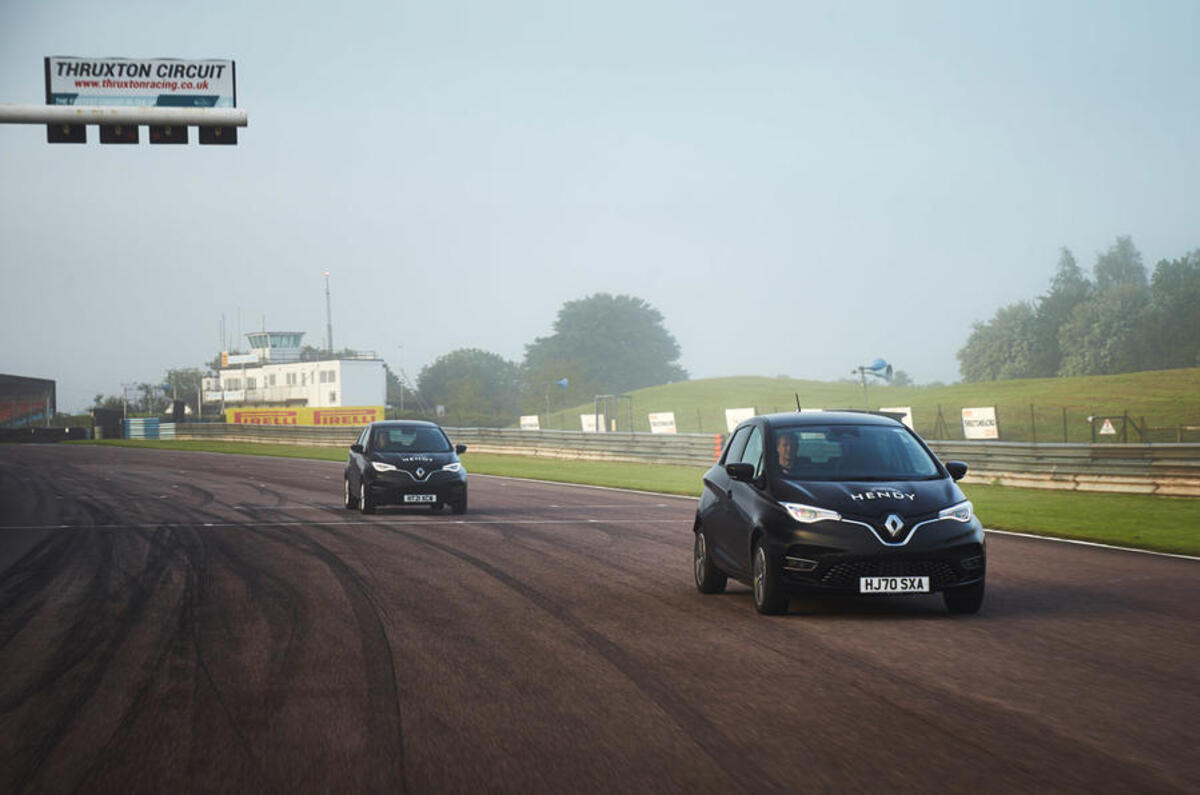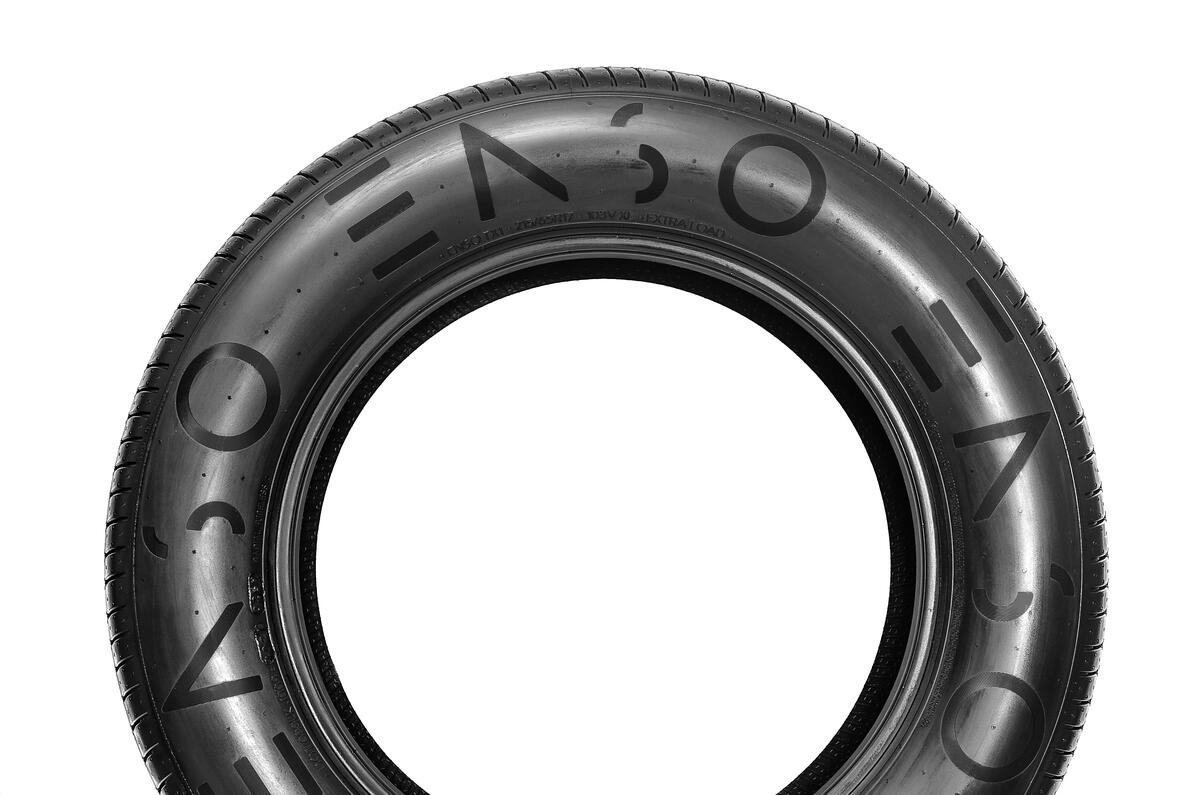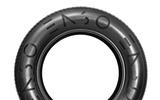The take-make-dispose model behind traditional tyre manufacture is being challenged by a new UK company with greener ambitions and an innovative route to market.
Enso, which was formed just six years ago, has developed more efficient and eco-friendly tyres exclusively for electric vehicles, distributed directly to vehicle fleets on a subscription model.











Join the debate
Add your comment
Make 6,000 dollar to 8,000 dollar A Month Online With No Prior Experience Or Skills Required. ert Be Your Own Boss And Choose Your Own Work Hours...Thanks A lot Here:_______Moneystar1.com
This is all very well and good, but rolling resistance (and with it fuel consumption CO2 emissions, and EV range) is just one parameter that's important. And it must be balanced against other othten conflicting considerations like noise, life, grip, aquaplane resistance, cost etc. I'm not surprised that by focusing on just oner aspect gains can be made, so whether these tyres are any good or not remains to be proved.
Deeply sceptical on this one. Firstly there are more than a dozen top notch tyre companies who would have done this already. Secondly that wear is normally correlated to grip.
My sample of only one - tyres on my Model 3 - rears now done at 27k which I think is amazing, fronts have perhaps 4K remaining. I don't spare the horses either. The extra torque is an interesting argument, but it's so linear it very rarely threatens to break traction which is when wear really ramps up. The weight will be an issue by basic physics, but again only when sliding, on near edge of adhesion.